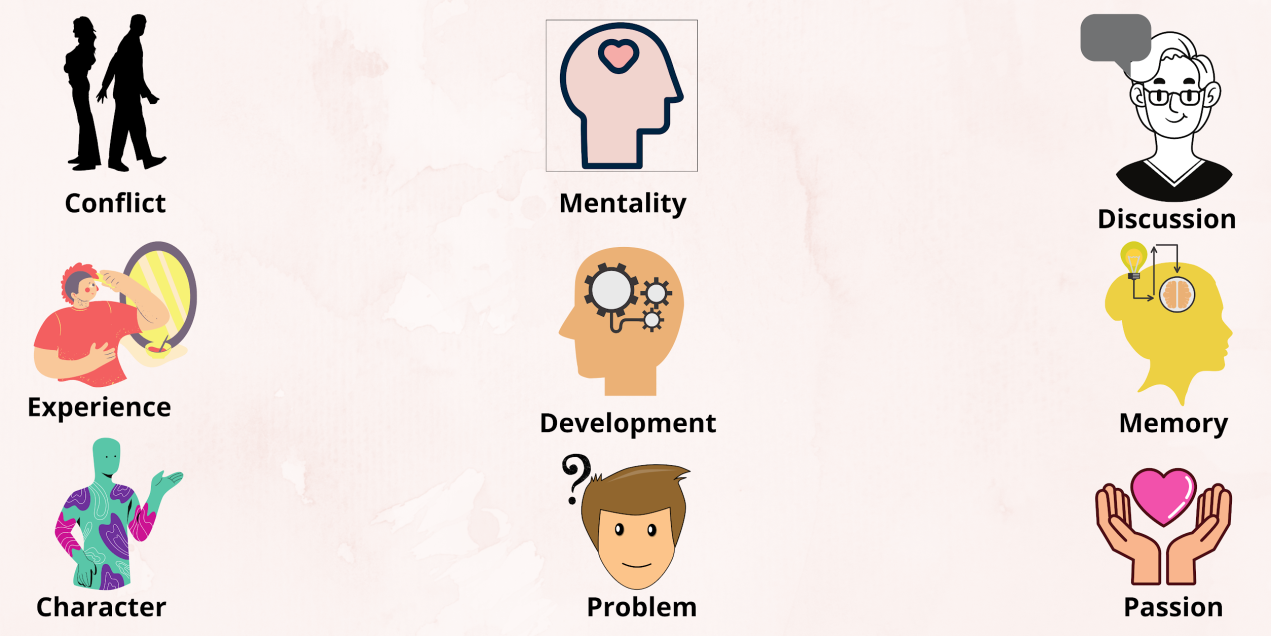
Did you know what makes the award-winning movie “Forrest Gump” interesting?
“Stupid is as stupid does.” That was the main character’s famous answer when somebody asked him, “Are you stupid?”
Though Forrest (main character) is a fictional character but in reality, the character is being considered suffering from intellectual disability. Intellectual disability (ID) is also known as ‘general learning disability’ and previously ‘mental retardation (MR)’.
Levels of intellectual disability differ significantly in children. According to the Individuals with Disabilities Education Act (IDEA), ID is - “Significantly subaverage general intellectual functioning, existing concurrently [at the same time] with deficits in adaptive behavior and manifested during the developmental period, that adversely affects a child’s educational performance.”
The United Nations Development Program estimates that 80% of all people with disabilities live in low-income countries.
It is necessary to remember an intellectual disability is not a disease. Furthermore, there is no cure for intellectual disabilities. Nevertheless, most kids with an ID can learn to do several things as it just takes them more time and effort than other kids.
Various Signs of Intellectual Difficulty
Forrest said in “Forrest Gump” - “Mama always had a way of explaining things so I could understand them.”

Here are the important indications of Intellectual Difficulty ---
A kid with an intellectual disability can do really well in school with individualized assistance from the special needs education program and related services.
According to the American Association of Intellectual and Developmental Disabilities, an individual has an intellectual disability if he or she meets three standards:
What Causes Intellectual Disability?
Even though doctors have found several causes of Intellectual Disability but here are the most common ones:
Usually, other causes of intellectual disability do not happen until a child is older. These might include severe head injury, infections or stroke.
The Bottom Line
If a baby is born with an intellectual disability, it is necessary to know that there’s a lot of help available—and immediately. Moreover, special education courses for teachers programs are also preparing teaching professionals to help children with ID.
Let’s work together with the student's parents as well as other school personnel to create and implement an individualized educational plan to meet the student's requirements.
Liked what you read? Share it on social media platforms!!!
Get In Touch
UK – Registered OfficeAsian College Of Teachers Ltd (UK)
27, Old Gloucester Street, London – WC1N 3AX, UK
UK Toll Free:Â 0-808-189-1203
www.asiancollegeofteachers.co.uk
All SEN Courses are designed, developed and created by Asian College of Teachers Ltd, United Kingdom. These courses are certified by CPD Certification Service UK and endorsed by NCC Education, UK, and Short Courses from CACHE, UK through Laser Learning UK.
Asian College of Teachers (ACT) undertakes a continuous review of its teacher training courses to ensure imparting high quality education. However, there might be circumstances outside of ACT’s control which might affect its stakeholders like if you are planning to teach in a different country, applying for a teaching license, pursuing higher studies or trying to get the certificate approved by the Ministry of Education (MoE) of a particular country then you can do so with the certificate issued by Asian College of Teachers (ACT). However, each country’s Ministry of Education (MoE) or educational bodies set certain standards that are indispensable for the pursuit of higher studies or teaching in schools in that country. So it can be a possibility that you may be able to use the certificate for higher studies or teaching purposes in one country and not in another. Therefore, we strongly recommend that you investigate thoroughly and check with the relevant authorities regarding the acceptance of the certificate issued by us before you enrol on a particular course. ACT strives to offer high-quality education and its certificates can be valuable for various purposes internationally, but still it is crucial for individuals to verify the specific recognition of the certificate in the country they intend to use it, especially for formal education or professional licensing purposes. This approach ensures that the stakeholders make informed decisions regarding their educational and career paths.
© 2025 Asian College of Teachers. All Rights Reserved. Asian College Of Teachers is a trading brand of TTA Training Pvt. Ltd (India) - CIN U80902WB2016PTC215839, Asia Teachers Training Co., Ltd (Thailand) - Registration No. 0105558193360, Asian College Of Teachers Ltd (UK) - Company Number 9939942 & Asian College Of Teachers LLC, (USA) - Federal Tax Identification Number 30-1261596
Designed by kreativewebtech